|
If you're lucky enough to have a garden or somewhere green to enjoy the spring weather during corona-lockdown, here are 6 ways you can use it to get away from screens, reduce work-related stress and boost your mental health and wellbeing.
Photo by Martin Kníže on Unsplash
1. Twenty mins a day in your garden significantly reduces stress
Spending a lot of time in front of a screen? Feeling sluggish, stressed, or anxious? Are you distracted, or going a bit stir crazy? Need a break from the kids, or your partner? Research shows that being outside in nature for just 20 minutes a day is enough to significantly boost vitality, reduce stress, and enhance your focus and your wellbeing. If you live in a city, even a small park, a patch of grass, or any area with trees can suffice.
If I had a garden I’d be spending as much time in it as I could.
Photo by Nick Page on Unsplash
2. Take your shoes off and walk barefoot
I’ve been doing this on the grass lawns by Hove seafront - and feel pretty good afterwards. We’re bioelectrical beings, but by always wearing shoes and living most of our lives disconnected from the ground, we’re losing touch with the earth’s natural ‘electrical’ force.
Emerging science has shown that direct contact with the ground gives you an energy infusion. Your feet, specifically certain points in the balls of your feet, are believed to be especially good at receiving the Earth’s electrons. The advice is to sit, stand or walk barefoot on grass or earth for about forty minutes. It's good but not essential if it's a little bit wet. (Sand or concrete are also okay, but wood, asphalt, tarmac, and vinyl are not as they're not conductive.) Doing this has been shown to help lower inflammation, fight free radicals and enhance wellbeing. If your feet tingle while you're doing it, that's a good sign. As most people prefer to wear shoes in public places, your garden is the obvious place to go barefoot.
Photo by Catalin Sandru on Unsplash.
3. Choose a sit spot
Something I’d been meaning to do for a while, and began just before lockdown started, is a sit spot. This is a place in nature that you go to regularly on your own to sit quietly and look, listen, smell and feel the surrounding landscape.
By choosing one place that you visit regularly, you get to know it and build a relationship with the birds, plants and creatures that live there. If you sit still and are quiet, it takes about 20 to 30 minutes for the creatures you scare off as you arrive to come back. By going to the same place regularly it can become like an anchor in your life, and you’ll be surprised to see plants grow and develop, and recognise a robin, blackbird, bee, or squirrel that regularly use your garden, if not actually live there - they get used to you and you’ll get to know them. A sit spot can make the difference between a tough day and a great day because it connects your senses with nature. I found a spot in a local wood for my sit spot, but right now if I had a garden I’d find a spot there. Here’s how to do it:
It's a nice idea to journal what happens, or draw a map of the space and mark what you saw. We have some more info on sit spots here.
4. Foraging for your health
Mostly the health talk about coronavirus has been about protection, but the strength of yours and your family's immune system could make all the difference. If I had a garden I’d be encouraging immune-strengthening wild plants to grow, and using them. These ones particularly, as they're easy to identify:
Nettles One of the most nutrient dense foods you can find, they have been used for hundreds of years to treat all sorts of ailments, and will strengthen and support your whole body. They are best eaten young, steamed as spinach or cooked with wild garlic for a delicious soup. The sting disappears when cooked, but the juice of plantain helps if you get stung while picking. Here's more info on nettles. Cleavers Cleavers (Sticky Willy or Goose Grass) are out in force right now. Tall and stringy, they're the ones that look a bit like a bottle brush and will stick on your clothes if you throw them at each other (yes, we've all done it.) Actually they are anti-inflammatory, and good as a general detoxifier. Here's a great way to take them. Dandelions These are thriving in the cracks in the pavement in my street at the moment. Many people think of dandelion as a pesky weed, but it's actually a great herbal medicine. They’re bitter so good for digestion, and the leaves are a great addition to salads (not the stalks). Herbalist Lucinda Warner writes "dandelions are a wonderful remedy for resilience and are very grounding and supportive." Find more info here. Daisies There are swathes of daisies in local parks right now. Soothing and anti-inflammatory, daisies are known as poor man’s arnica. The flower heads are good in salads. So let them grow in your garden, and eat them. NB Remember these forager's rules: 1. Only eat something if you're 100% sure what it is, not 90% sure. 2. Don't take more than 20 to 30% of what's there - other beings need it too.
5. Flower remedies for support
Herbalist Lucinda Warner has written a great post on flower remedies you can make yourself and which flowers are good for what. Most of them are common plants you can find in your garden. Well worth a read.
Photo by Annie Spratt on Unsplash
6. Turn to nature to help you solve a problem
We often include a solo walk in nature at our Campfire sessions to help leaders and teams find an answer to their challenges.
I believe there’s something in us from millennia of evolution, that’s hardwired to find solutions from nature like this. So if you have a high-level problem to solve - like how to do something, how to change behaviours, or how to harness your team - frame it as a "How do I...?" question, hold it in your mind and go for an amble through nature - the shape of a plant or leaf, or something you stumble across, can help you find meaning and inspire an answer. Trust me on this, it’s surprisingly powerful. I don’t see why this wouldn’t work in your garden - if you give it a try, I’d love to hear how you get on.
Update 16th April
If you tried any of the above ideas, or if you'd like to share tips and advice on how you use nature and your garden for yours and your family's wellbeing during lockdown - we'd love to hear - please let us know in the comments below.
When the coronavirus lockdown ends, at School of the Wild we’ll be bringing teams into nature, to take advantage of the different setting to help people reconnect and to facilitate a space for great conversations. After all, you can’t solve problems in the same place you created them. If you’d like some help with having a more meaningful conversation with your team then, get in touch here.
Julie
15/4/2020 11:34:04 am
Thanks for your article. I couldn't agree more. My garden is my sanctuary in these strange times. I'm building as many habitats as I can. Stag beetle buckets, wild bee nesters, wild flower mini meadows, hibernaculum for amphibians, digging a pond at the moment, there are so many easy habitats to include in the garden. All great for kids to be involved in, lots of opportunities over and above bug hotels and many using and recycling waste materials around the garden. Exercise too! 16/4/2020 05:14:24 pm
Thank you for this great article Nigel. Will send it to my parents who are stuck inside... but with a garden fortunately. 28/4/2020 10:00:24 am
I love the idea that nature can offer a solution to our problems. I like to tell my kids if they are down or grumpy that nature probably has a gift for them to cheer them up, and they should go out and look for it. They always find it, and so do I. Comments are closed.
|
Author & CuratorNigel Berman is the founder of School of the Wild. Archives
March 2024
|
Leaders |
About Us
Support |
|

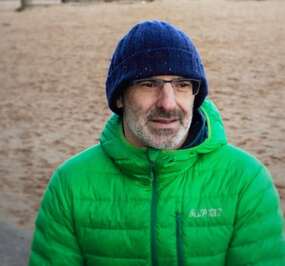
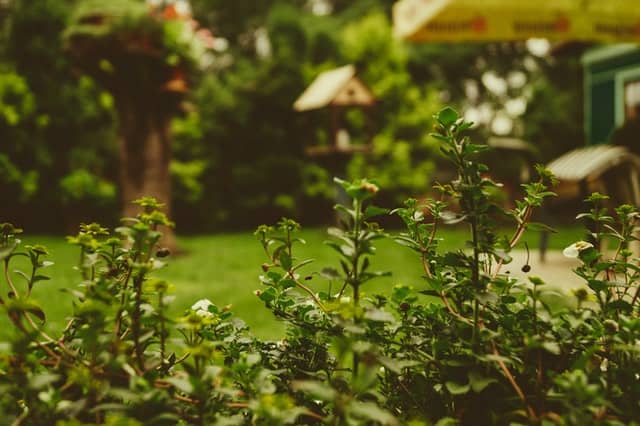
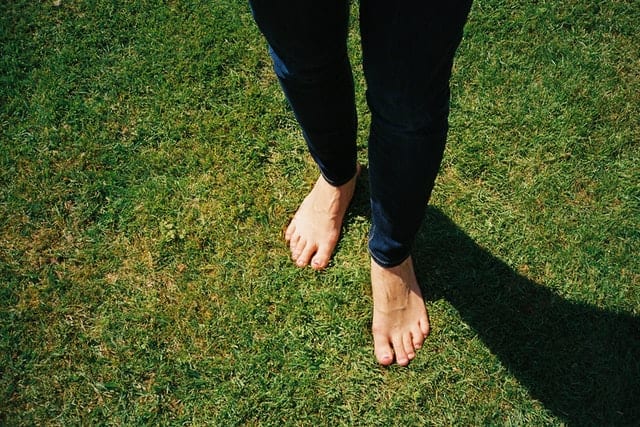
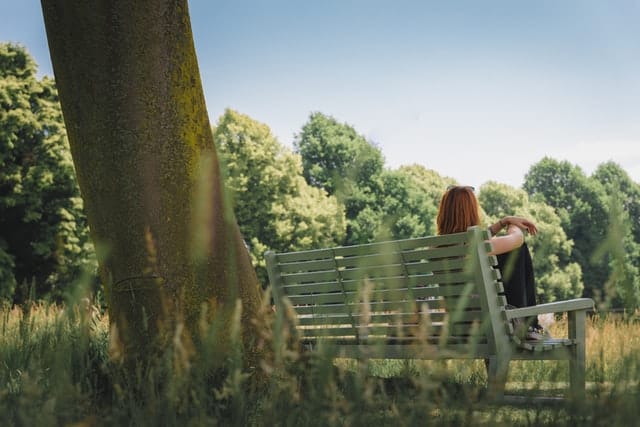
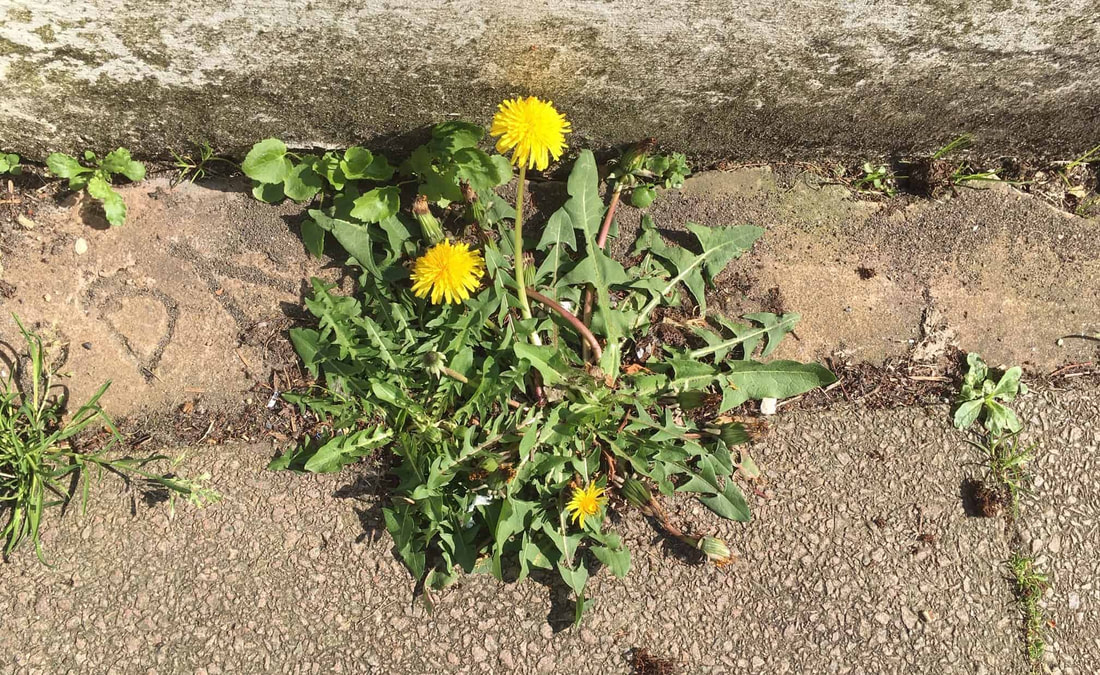


 RSS Feed
RSS Feed



